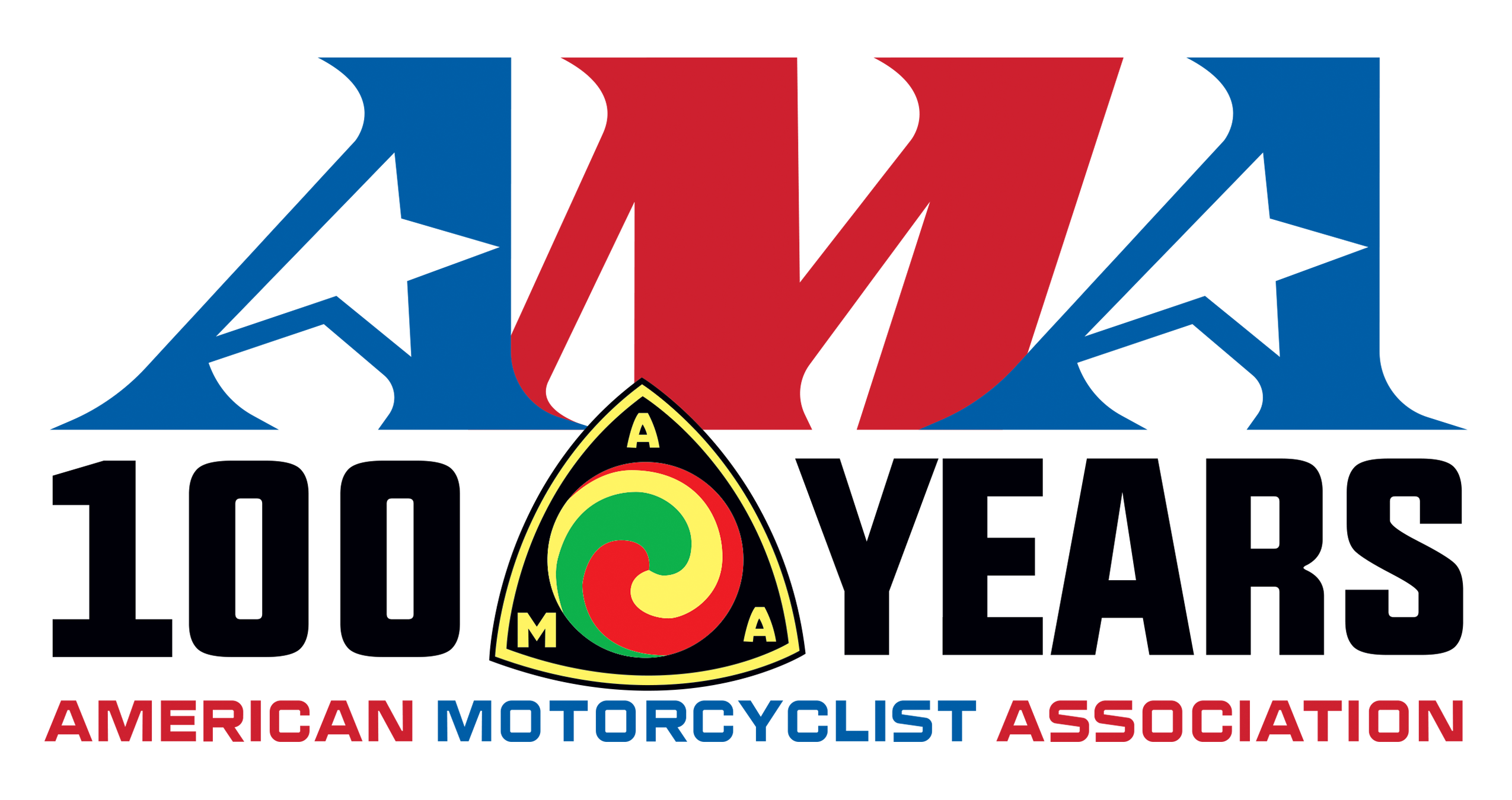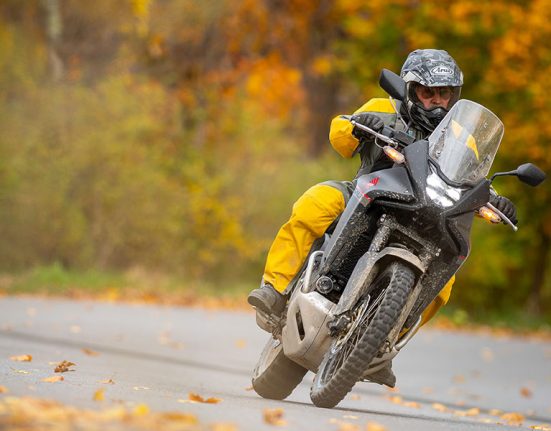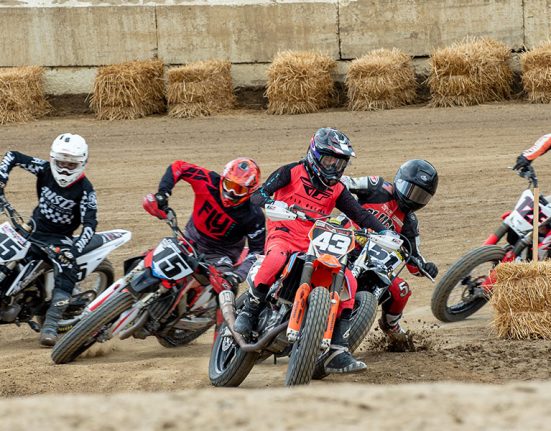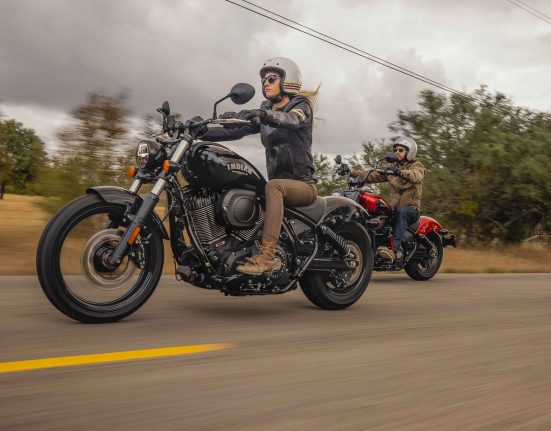This event is intended to introduce youth (and adult) participants to enduro-style riding in a less-difficult and more friendly atmosphere compared to a highly competitive event.
Just like a competitive enduro, family enduros are run on a marked off-road course and feature multiple “test” sections designed to challenge the riders. Unlike a competition enduro, however, the course is usually significantly shorter, and the test sections are suitable for less-experienced riders. The average speeds are lower too, often 12-18 mph, compared to a traditional enduro with a typical 24 mph average speed.
Family enduro events can use either the timekeeping or start-control format in a closed-course environment (no license/plate required). Riders start in small groups, usually four riders per minute. The minute — or row — for each rider is assigned at registration, and riders are scored according to when they arrive at pre-set checkpoints along the way. Just like at a competition enduro, the checkpoints are secret. Traditional time-keeping enduros penalize riders for arriving early or late to a checkpoint; start-control enduros only penalize riders for arriving late to a check. Scores are collected at each checkpoint and then, once all riders have finished, scores are compiled and results are posted. In addition to the secret and emergency checks, observation checks — part of the enduro experience — are used, but not scored.
For timekeeping events, riders should seek to achieve the “speed average” to arrive at checkpoints on time. The riders accumulate 5 points for being early to a check and 1 point for every minute they are late to a check. Each section should also have an emergency (tie breaker) check where minutes and seconds are counted. The lowest score wins. In start-control events, riders battle the clock to achieve the shortest time throughout the ride. The rider with the overall fastest time wins.
AMA-Sanctioned Events
Search for AMA-Sanctioned events by city, state, event type and date range.






